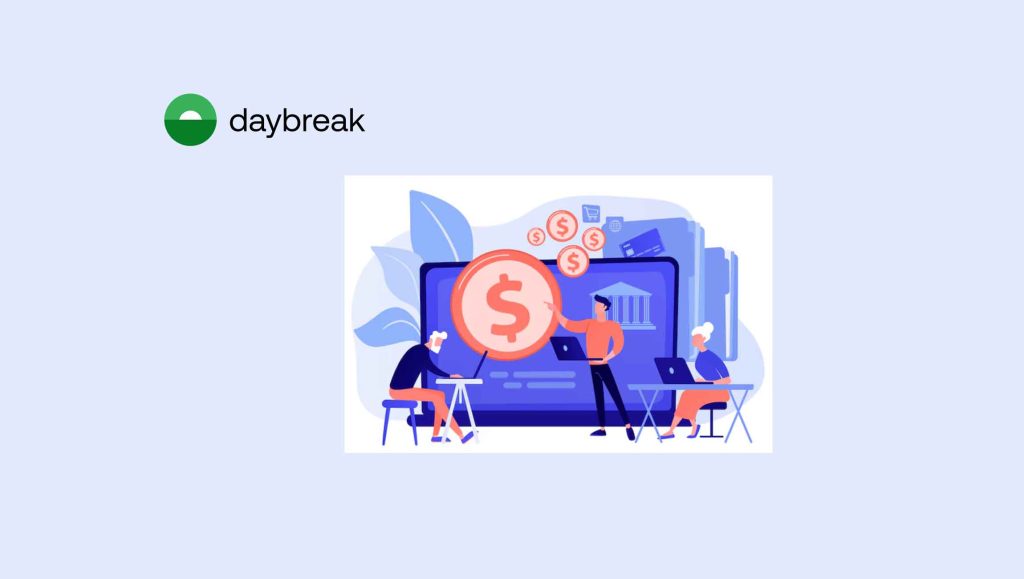TeamViewer, a leading global provider of secure remote connectivity solutions, announced a comprehensive update of TeamViewer Tensor. In addition to the recently announced Mobile Software Development Kit (SDK), TeamViewer Tensor now offers co-browsing and supports large organizations’ multi-tenancy needs.
Read More: Data Protection Innovator Sotero Launches Sotero Opaque – The First Trusted Data-Sharing…
The current update of TeamViewer Tensor offers greatly improved possibilities for secure and innovative customer interaction via Mobile SDK and co-browsing with an integrated chat function. Additionally, Tensor supports large corporations in terms of multi-tenancy and remote work. This includes a security screen feature for the remotely controlled device, improved conditional access regulations, and comprehensive reporting and audits for easy handling of compliance regulations. The augmented reality solution, TeamViewer Pilot, was also integrated into the Tensor platform so that employees can also be supported in the event of hardware problems in the home office, for example.
“Mobile apps and websites have always been important channels for our customers to interaction with their customers, and maybe even more so since COVID-19 has required less in-person interaction,” says Alexander Post, director product management at TeamViewer. “Providing dedicated support in an app or while visiting a website is a sensitive issue in terms of privacy. We are pleased that with the Mobile SDK and the co-browsing function we can offer innovative and GDPR-compliant possibilities. Our corporate customers also face the challenge of creating highly available, secure and cost-effective remote work solutions. We are therefore constantly expanding the home office specific features for corporations and with the Security Screen Feature and Conditional Access, we are placing a strong focus on the topic of security.”
TeamViewer Tensor now offers:
Co-browsing
With this solution, companies can support their website visitors in technical matters and questions of content or, for example, in the purchasing process by allowing an employee to provide support on request via browser-based screen sharing. This is helpful, for instance, if the chatbot integrated with the system cannot help and website visitors need help with navigation, advice on purchasing or support with technical problems. The website visitor does not need to install anything and the data transferred can be limited by the provider in advance so that text entries such as passwords are not shared. The entire support session is always limited to the individual tab and the support employee cannot see which websites are also open or whether other programs are running on the PC.
Read More: Privitar And StreamSets Announce New Partnership And Product Integration That Helps Organizations…





















